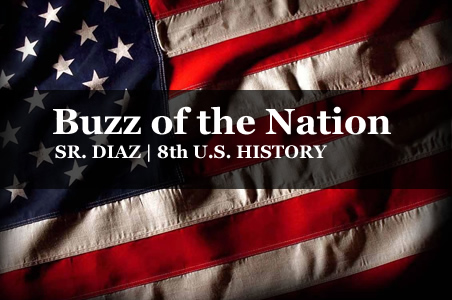 Why did the Constitution allow slavery to continue, if the Declaration of Independence claimed that "all men are created equal"?
Why did the Constitution allow slavery to continue, if the Declaration of Independence claimed that "all men are created equal"?
On November 19th, 1863, Abraham Lincoln delivered the Gettysburg Address. He delivers a speech that begins with:
Fourscore
and seven years ago
our
fathers brought forth on this continent a new nation, conceived in liberty and dedicated
to the proposition that all men are created equal.
Score means 20. What date does Lincoln claim our country was born? What document was written during this year?
Lincoln points out that the birth of the country is not the Treaty of Paris of 1783, with the end of the Revolutionary War. The idea this country was founded on, was ignored during the writing and adoption of the Constitution in 1791. They ignored the issue in favor of resolving other problems. The birth of the United States is the Declaration of Independence on 1776.
At the end he states:
that this nation under God shall have a
new birth of freedom, and that government of
the people, by the people, for the people shall not perish from the earth.
In 1863, President Lincoln supports the idea that country should return to its ideological birth and deliver the promise of equality. To form government to protect people, not the leaders of government.
Read the following statements by the Founding Fathers and present day historians to surmise why the Constitutional Convention did not eliminate slavery in the United States.












